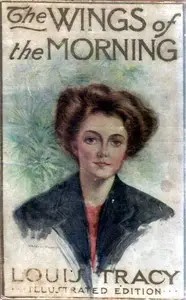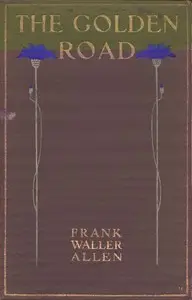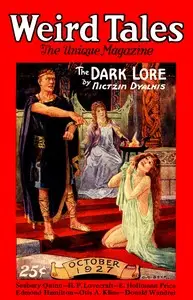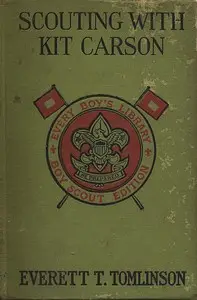"The Wing-and-Wing; Or, Le Feu-Follet" by James Fenimore Cooper is a historical novel set in the Mediterranean during a time of strife, where the arrival of a mysterious ship sparks both curiosity and fear among the residents of Elba. The story centers on the enigmatic lugger, the Wing-and-Wing, and its captain, Raoul Yvard, whose presence stirs complex emotions, particularly within a young woman named Ghita. Her connection to Raoul, along with the wisdom of an experienced mariner named Tommaso Tonti, highlights themes of loyalty, suspicion, and the seductive call of adventure against a backdrop of historical battles and community tensions, creating a narrative rich in intrigue and personal struggles.

The Wing-and-Wing; Or, Le Feu-Follet
By James Fenimore Cooper
Amidst a turbulent sea, a mysterious captain sails into a land sparking intrigue as a young woman is torn between loyalty and the allure of the unknown.
Summary
About the AuthorJames Fenimore Cooper was an American writer of the first half of the 19th century, whose historical romances depicting colonial and indigenous characters from the 17th to the 19th centuries brought him fame and fortune. He lived much of his boyhood and his last fifteen years in Cooperstown, New York, which was founded by his father William Cooper on property that he owned. Cooper became a member of the Episcopal Church shortly before his death and contributed generously to it. He attended Yale University for three years, where he was a member of the Linonian Society.
James Fenimore Cooper was an American writer of the first half of the 19th century, whose historical romances depicting colonial and indigenous characters from the 17th to the 19th centuries brought him fame and fortune. He lived much of his boyhood and his last fifteen years in Cooperstown, New York, which was founded by his father William Cooper on property that he owned. Cooper became a member of the Episcopal Church shortly before his death and contributed generously to it. He attended Yale University for three years, where he was a member of the Linonian Society.



















